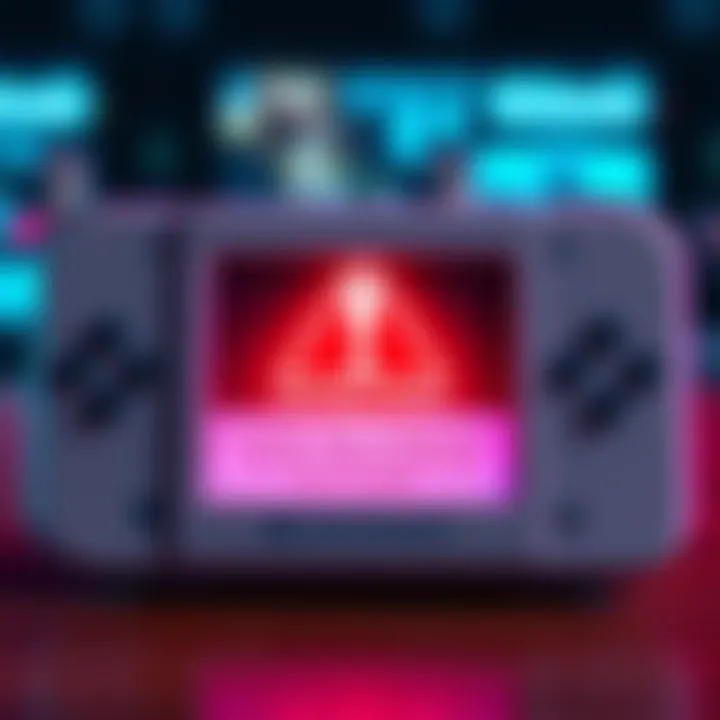Nintendo Sparks Controversy | Unauthorized Use Could Lead to Bricking Your Console

Nintendo's recent announcement regarding unauthorized console use has stirred up strong reactions within the gaming community. The company claims it may disable consoles for those who violate these regulations, a move that raises questions about ownership and control.
Context and Reactions to Bricking Policy
This bold strategy by Nintendo aims to hinder piracy and possibly enforce stricter control over how consoles are used. Conversations erupt across forums as gamers express concerns over personal rights and corporate power.
While some players are skeptical, others are outraged. One commenter voiced frustration, asserting that Nintendo lacks the capacity for adequate moderation, questioning, "Nintendo is incapable of any level of moderation up until this point, and now I’m supposed to believe they’re going to be reviewing millions of hours of game chat footage?" This sentiment reflects a broader fear that poor implementation could result in false positives.
Opinions on Corporate Control
Forums are alive with various perspectives:
Frustration with Corporate Actions: Direct anger expresses itself as one player bluntly states, "Fuck Nintendo."
Scepticism on Enforcement: Many doubt the practicality of Nintendo's monitoring methods. There are doubts about their ability to manage and review extensive user interactions.
Distrust Over Patents: Comments point towards Nintendo’s recent patent filings for existing features in Palworld, hinting at a strategy to pursue legal action, which leads some to pledge, "No more Nintendo products for me."
"Man, Nintendo is hunting any and all bad press lately, huh?"
This backlash signals widespread unease about corporate influence on personal devices, as many gamers feel restricted by the new policies.
Key Insights
△ Many gaming communities argue that the potential for bricking consoles represents an overreach by the company.
▽ Skepticism abounds about whether Nintendo can effectively monitor user behavior without significant error.
※ "They will use AI. The same way CoD does" suggests reliance on automation might spark further distrust among players.
Looking Ahead: What’s Next?
The situation remains fluid as more players weigh in on these changes. As the conversation evolves, will Nintendo's strategies be a deterrent against piracy, or will they lead to an uprising among dedicated fans? The industry is watching closely.
Potential Shifts in Gamer Loyalty
The emergence of vocal discontent could significantly impact Nintendo's fiscal health. If bricking consoles without merit becomes commonplace, experts predict a notable shift towards competing platforms, as some gamers consider switching allegiances. Legal ramifications could also arise, challenging the enforceability of such policies.
Reflection on Corporate Policies
This scenario echoes the 1990s digital rights era when companies fiercely restricted music-sharing, prompting user backlash. If gamers feel oppressed by Nintendo’s methods, there could be a significant push for alternative gaming solutions, much like the disruption seen in the music industry. Should this backlash escalate, Nintendo and similar companies may need to rethink their approach to digital rights and consumer ownership.
